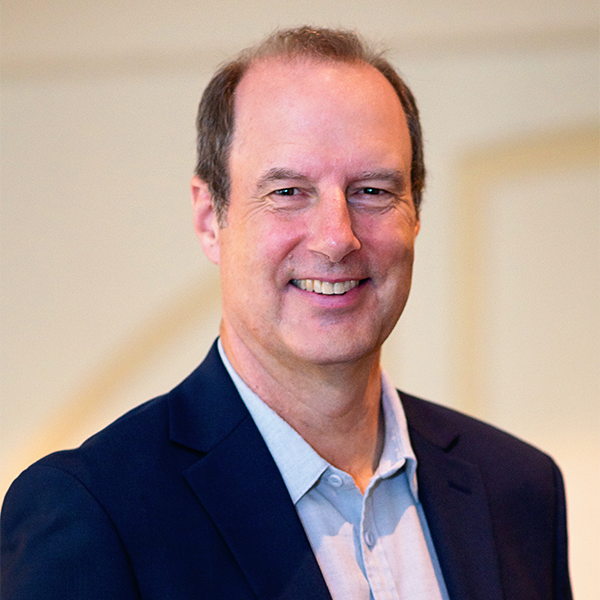
Advisor Blog | Dec 2023
The Founder's Journey
How can a visionary CEO develop the leadership skills needed to move their business into its next phase?
Growing From Game-Changing Founder to Great Leader
In many ways, a founder is the organization. The beliefs about what is important and the mental models for how to do things all originate with the founder. The result is that the rest of the organization sees the founder as the emotional leader. They look to the founder for cultural cues and prioritization. But if you are the organization, how can it possibly scale?
It is the very rare founder who is able to build a mature company. Of course, there are many founders who have great ideas and achieve certain levels of success launching an organization and gaining momentum, but who don’t have the leadership skills or the temperament to move the business into its next phase.
The irony is that despite their creative, entrepreneurial, and market-changing ideas or products, some founders become a bottleneck in their own organization. That cultural license that comes from being the originator can put the organization in jeopardy when the number and importance of decisions grows, particularly when it reaches a level requiring distributed responsibility.
Those exceptional few who are able to scale and build a long-lasting, mature company are more than just great founders—they are great leaders, inspiring others to action.
In our experience, these extraordinary leaders have purposefully sought learning and gained wisdom in five key areas:
1. They know self.
Founders are often first-time CEOs. And first-time CEOs are both “master” and “apprentice.” They are expected to have all the answers, while at the same time learning the role. Successful leaders recognize this. They are aware of their own capability as a leader of others, what they are good at, and how to complement their skills by getting the best out of colleagues. They accept feedback with good grace and try to act on it. They also know their position will change over time and they can be comfortable with that.
2. They trust others.
This is the corollary to knowing oneself. Yes, founders are usually the ones with the big idea: the product or strategy that will change things. It’s natural to think that only they can know all there is to know and that might prove true with the initial idea. But a successful business requires many disciplines and experts in those fields. And how many more good ideas might originate from the first if given the opportunity? The best founders know that micromanaging others will only stunt the growth of the organization. They willingly delegate responsibilities to others and hold them accountable for delivering.
3. They take advice.
It’s generally accepted that the entrepreneurial personality doesn’t like authority. They don’t like having a boss and they are steadfastly confident about their areas of expertise. However, within a business context, there is no single fixed truth about any idea or course of action; ambiguity and uncertainty are the norm. So, the best founders learn how and when to take advice and whom to listen to. They leverage counsel from outsiders such as a board, a mentor, a leadership coach, or their peers in order to access fresh perspectives and avoid repeating mistakes—their own or others’.
4. They can build a leadership team.
One of the great joys of being a CEO is the high degree of creative expression. But no person is an island, and great founders know that they need a team to help bring creative ideas to life. These leaders excel at finding and inspiring others who can collaborate, share responsibility, and put the interests of the organization above those of their function.
5. They fail, learn, and rise again.
We know founders willingly take risks. They are not afraid to fail. And while they hate to lose, the most successful are able to confront failure head-on, pull themselves up again, and learn from their mistakes. Resiliency and dogged determination about their passion is contagious, inspiring those around them to stretch and achieve great things.
What do these five traits mean for someone embarking on a founder’s journey?
The ultimate take-away from our collective decades of working with entrepreneurs is that most of the time, as growth occurs others can—and should—do most of the work. As your idea takes shape, operational plans are put in place, and growth is on the horizon, taking a step back and constantly asking “What is it that I, and only I, can do here?” will be paramount. Taking into account the failure points of so many others can be useful, but more so will be studying where and how those who are successful have taken a different path.



